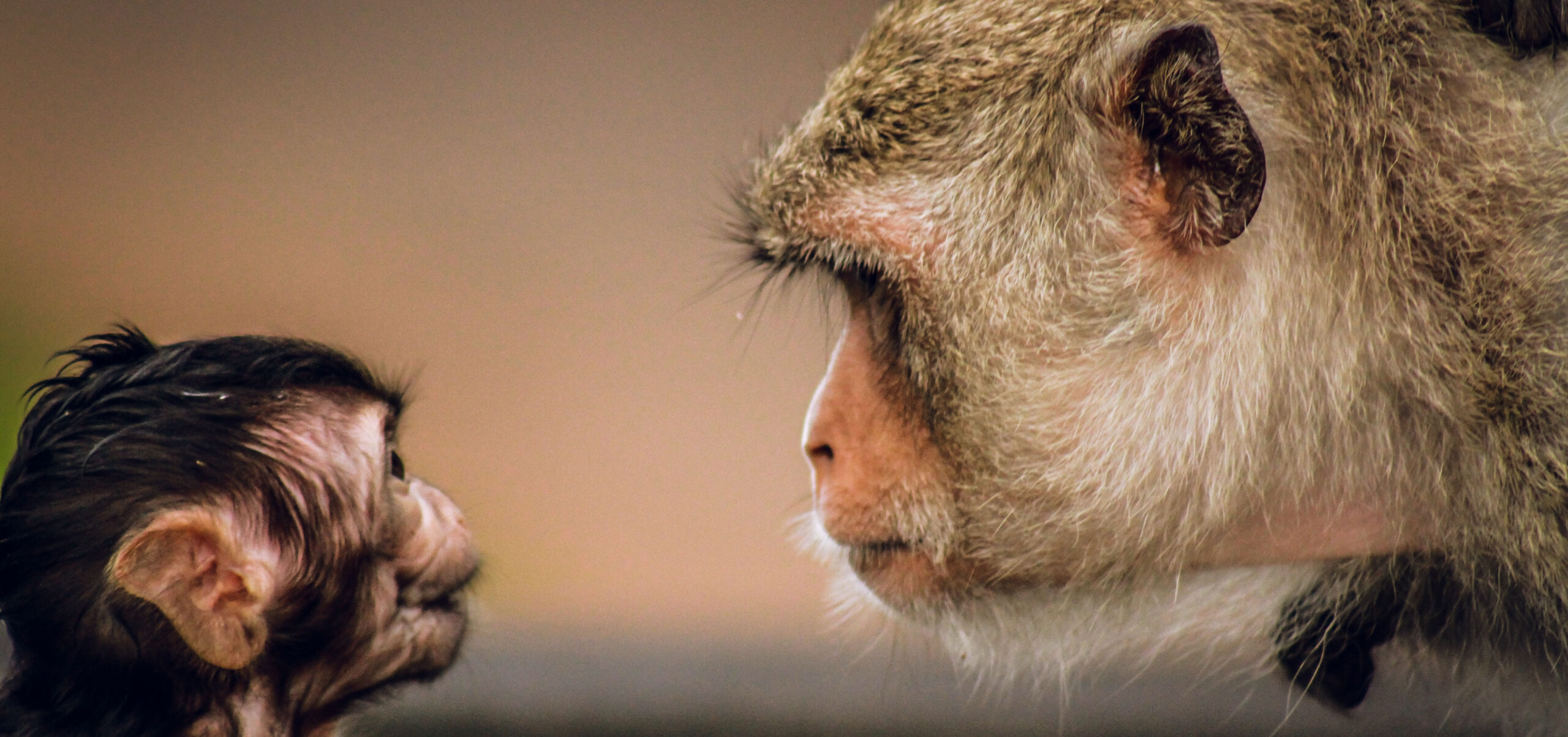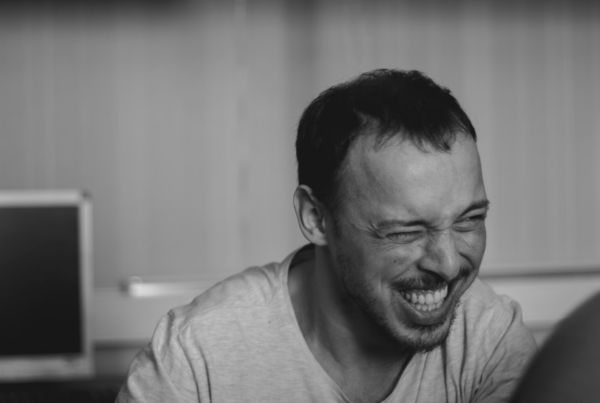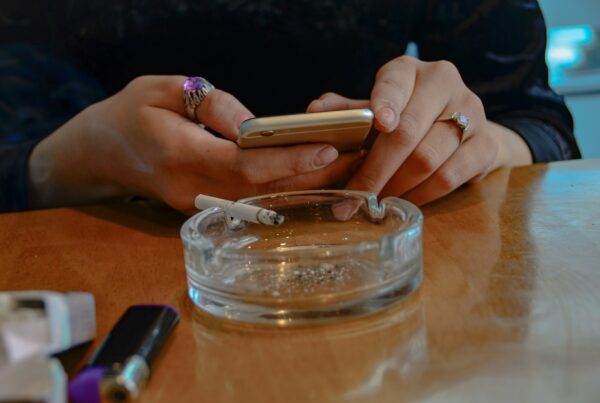
PSYCHsources introduces a different topic from psychology every month. It offers a list of resources that are useful to anyone who wants to learn more about it. In this issue we introduce developmental psychology.
Developmental psychology studies common patterns of age-related change during the entire life span. It looks at growth and maturation in terms of behavior and mental functioning, asking what humans are like and how they engage with their world when they are babies, infants, children, teenagers and adults. It is known for its focus on the period from conception to young adulthood, but it generally studies transitions from one stage to another in someone’s life, including the ones that take place at maturity and old age. Because human development is a very complex phenomenon, understanding it requires taking a multifaceted approach. Developmental psychologists look at physical, cognitive, behavioural and social trajectories of change (for instance how a child who did not receive proper nurture develops in the rest of her life or what the quality of relationships is for children who have a trusting bond with their parents). In attempting to describe and predict these trajectories of change, they borrow knowledge from many other domains such as cognitive, clinical and social psychology. Both typical and atypical development are investigated. By understanding how typical development unfolds, developmental psychologists can, for example, determine when children have a developmental disability and design interventions to support and improve their functioning. Popular topics in developmental psychology research include: language acquisition, learning, theory of mind, developing a self-identity during adolescence, preserving cognitive skills in the elderly. Knowledge of developmental psychology is particularly relevant in education, parenting, healthcare and the law.
One of the main motivations for studying development is to find out what can be done to improve the outcomes of individuals as they grow up and mature. In doing so, developmental psychologists engage in three important debates about the nature of development: nature vs. nurture, stability vs. change and continuity vs. stages. The first debate is about the question of whether development is determined about one’s genetic makeup or whether it is the result of experience. The second debate is about which aspects of a person’s life remain the same and which ones can change during a lifetime. The last debate is about how development progresses. One view is that children are continuously incorporating new experiences that make them more and more skilled at dealing with the environment as days go by. Another view maintains that children are going through periods when their mental level is roughly the same, separated by abrupt changes. According to this view, development implies a progression of discrete stages that have increasing functional sophistication.

Photo by Sophie Dale
- Developmental Psychology by Hande Ilgaz: https://www.youtube.com/playlist?list=PL5B3KLQNAC5gn9TwYgc19UwdWYuffnXjC
This is a lecture series on developmental psychology taught by professor Hande Ilgaz from Bilkent University, Turkey, in 2017. There are 34 well explained lectures, each lasting about an hour, that cover topics ranging from the history of the field and its research methods to major theories about development, language acquisition, cognitive, social and moral development. The lectures are following the book Child Development by Laura Berk. Since it is meant to be an introductory course to developmental psychology, it is perfect for getting acquainted with the topics and the most important ideas of the field.
- The Neuroscience of the Teenage Brain by Sarah-Jayne Blakemore: https://www.youtube.com/watch?v=yQXhFa8dRCI
Adolescent behavior is sometimes mocked or ridiculed. There’s the stereotype that reasoning during this time of transition to adulthood is shaky. Learning and changes in behavior are not regarded as adorable as the ones from childhood. This informative talk from Sarah-Jayne Blakemore, professor of psychology from Cambridge University, gives important insight into the changes that the brain undergoes during adolescence and claims back the recognition for this fascinating, crucial period in people’s lives.
- The Beginings of Life (2016): https://www.netflix.com/watch/80107990?trackId=14277281&tctx=-97%2C-97%2C%2C%2C%2C
The Beginnings of Life is a docuseries about child rearing with the accent on the importance of the environment in raising healthy, well adapted children. It combines the advice of mental health professionals, researchers and educators on how to support a child’s development in the first years of life with testimonies from parents around the world on the experience of parenting. The Beginnings of Life shows the gains of children whose parents and community are nurturing and responsive to their needs while contrasting this with the profound negative consequences of deprivation in infancy.
- I Can’t Do This But I Can Do That (2010): https://www.imdb.com/title/tt1876339/
I Can’t Do This But I Can Do That tells the story of children who live with a learning disability such as attention deficit disorder or dyscalculia. It is a series of interviews where children talk about what it feels like to have a learning disability, how they would like others to treat them and how they overcome their differences by focusing on their strengths and talents. These children prove that anyone struggling with learning difficulties can discover their passion and become successful given that they are offered understanding and support. Learning can happen in many different ways and having some limitations in one area can be compensated by developing the skills that can be worked on.
- Brain Matters documentary (2019): https://www.youtube.com/watch?v=Rw_aVnlp0JY
The Brain Matters documentary tackles early cognitive development. It explains how the brain develops in the first years of life and stresses the importance of early childhood education. The documentary raises the issue of the low investment in early years education in many countries around the world and gives advice on what parents can do to build a solid foundation of skills before their child enters formal schooling.
- Journey Into Dyslexia (2011): https://www.imdb.com/title/tt2032474/plotsummary?ref_=tt_ov_pl
Journey Into Dyslexia presents the experience of individuals diagnosed with dyslexia, a neurodevelopmental disorder that impairs learning by affecting reading ability. The aim of the documentary is to destigmatize this disorder by emphasizing that the brain of people with dyslexia just processes information in a different way, which does not mean that they cannot be successful in academic and professional areas. Maryanne Wolf, reading researcher and author of The Proust and the Squid , explains in this documentary why reading is unnatural for humans and what makes the dyslexic brain special and valuable in our society.
- Still face experiment: https://www.youtube.com/watch?v=apzXGEbZht0
Smile at a baby and she will smile back. The emotional connection with a caregiver is crucial for socialization. Even before having words to express themselves, infants long for positive interactions. The still face task is a procedure that is commonly used for assessing emotional regulation in infants. It demonstrates that infants are very much affected by the responsiveness of the people who engage with them. Having an unresponsive parent is immediately creating distress. This is captured by the still face effect.
- The shopping cart study: https://www.youtube.com/watch?v=k-rWB1jOt9s
When did you first notice that you exist? Scientists believe that self-awareness develops around age two. This clever experiment shows whether the toddler understands that the cause of the shopping cart not moving is herself standing on a piece of cloth that is attached to the cart. Once the toddler is able to solve this problem, she is thought to have become aware of herself.
- Moral understanding: https://www.youtube.com/watch?v=HBW5vdhr_PA
What is the earliest a child can make moral judgements? Studies of moral understanding are being done now with pre-verbal infants. Researchers have reasons to believe infants are keen observers of social interactions and they form opinions about what is good and bad even at few months of age. Using a puppet show where one character is being mean to another, researchers hope to find out whether infants prefer a pro-social or an anti-social stuffed toy.
- Conservation task: https://www.youtube.com/watch?v=gnArvcWaH6I
The conservation task is a famous test designed by influential psychologist Jean Piaget. It assesses reasoning ability, specifically whether a child is able to tell whether certain properties of an object remain the same after it has undergone procedures that do not affect these properties. An example is the conservation of quantity in the case of a liquid which is poured from a low glass to a tall glass. It has been shown that the ability to solve different conservation tasks (number, liquid, volume, area etc.) is on average acquired by children around the same age.
Every parent wants to teach their child to be kind and helpful. Is there any chance nature has already taken care of a part of the work? Studies of spontaneous helping in young toddlers, such as this one, hint at the idea that people are naturally predisposed to be cooperative and helpful.
- Theory of mind: https://www.youtube.com/watch?v=RUpxZksAMPw
Theory of mind is the ability to understand that other people have an internal mental life of thoughts, emotions, and intentions that are different from one’s own. To study the development of theory of mind in children, researchers use stories and role play that require the child to take someone else’s perspective. An example is the Sally Anne task which uses false belief to reveal whether the child understands that the characters in the story have different information about an event than her, who witnessed it all happen.
The following websites offer science-based resources for understanding and supporting child development, and more.
- Dr Kevin Grobman’s Developmental Psychology: http://www.devpsy.org/index.html
- Brain Matters Resources Page: https://brainmattersfilm.com/resources/
- Dr Gwen Dewar’s Parenting Science: https://www.parentingscience.com/



